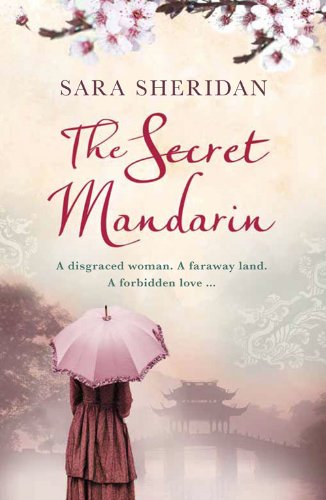The Secret Mandarin
In London, 1842, actress Mary Penny has brought disgrace on her respectable family. Mary’s brother-in-law, botanist Robert Fortune, forces her to accompany him on a mission to China to steal tea plants for the East India Company. However, Robert conceals a secret – he is a spy for the British forces, newly victorious in the recent Opium War.
The British are still regarded as enemies by the Chinese, and exporting tea bushes carries the death sentence. Mary loathes Robert for his high‑handedness and interference. She is unhappy and desperately wants to return to London and the baby she has been obliged to leave behind.
Foreigners are not allowed into the interior of China, so Robert and Mary disguise themselves as a Mandarin and manservant. Mary is by this time proficient in Cantonese and has found a place herself in Robert’s quest. She uses her skill as an artist to record the specimens he finds before they are sent back to London.
Being able to dress as a man, and free from the restrictions of Victorian life, is a revelation for Mary, and she vows never to return to her previous life. Her feelings for Robert gradually change over the course of the novel, and this is sensitively portrayed.
Although Mary Penny is a creation of the author’s imagination, Robert Fortune is not. The combination of fact and fiction is seamless. The book is told through Mary’s eyes, vividly portraying the position of women in Victorian society and also how the needs of the Empire and Queen supersede ethics and morality. Robert has no compunction in stealing their livelihood from the Chinese, although Mary is conflicted.
This is a brilliant book, a perfect combination of romance and history. I would recommend it to anyone; they will never drink a cup of tea without thinking of Robert Fortune.










